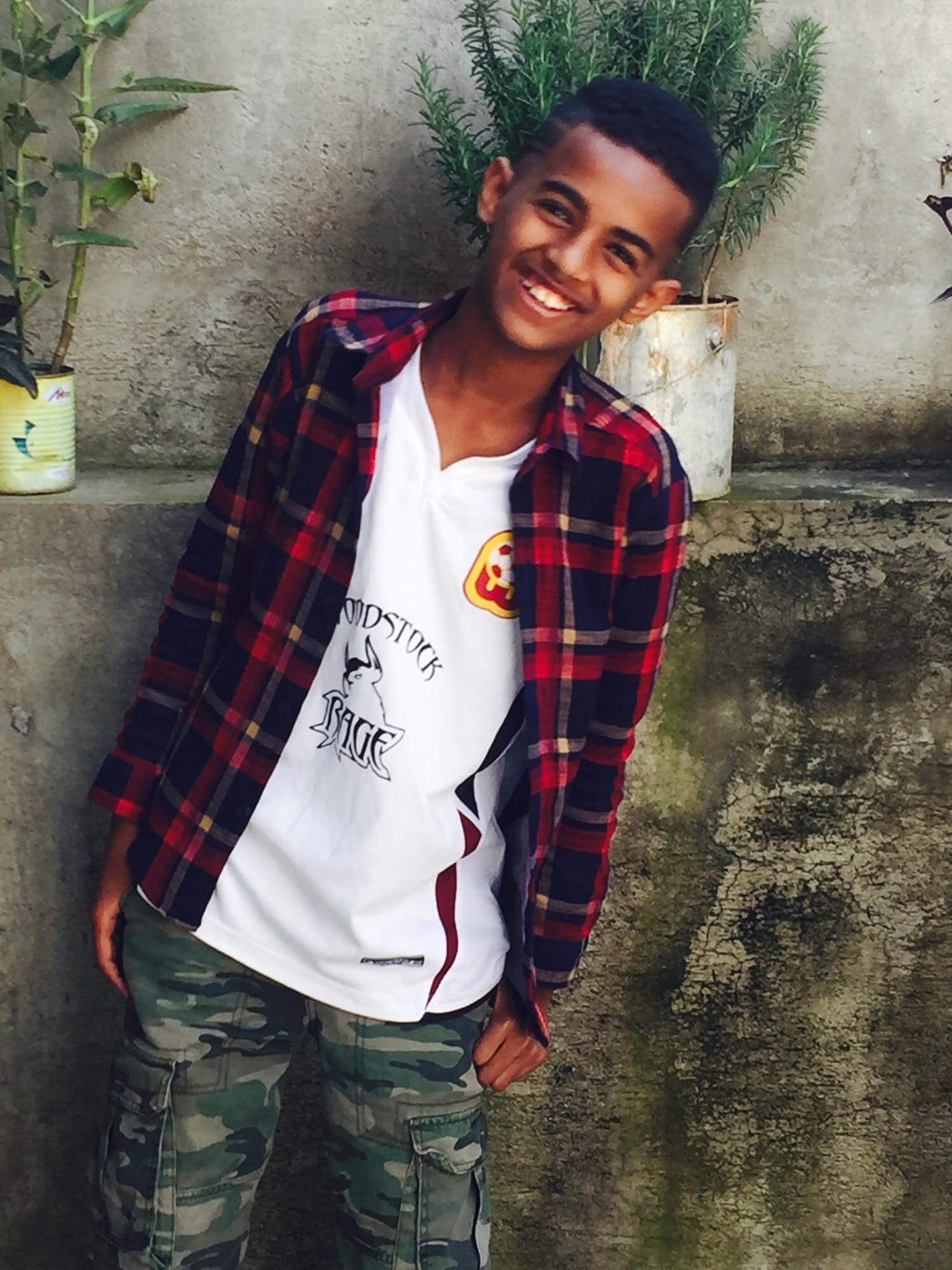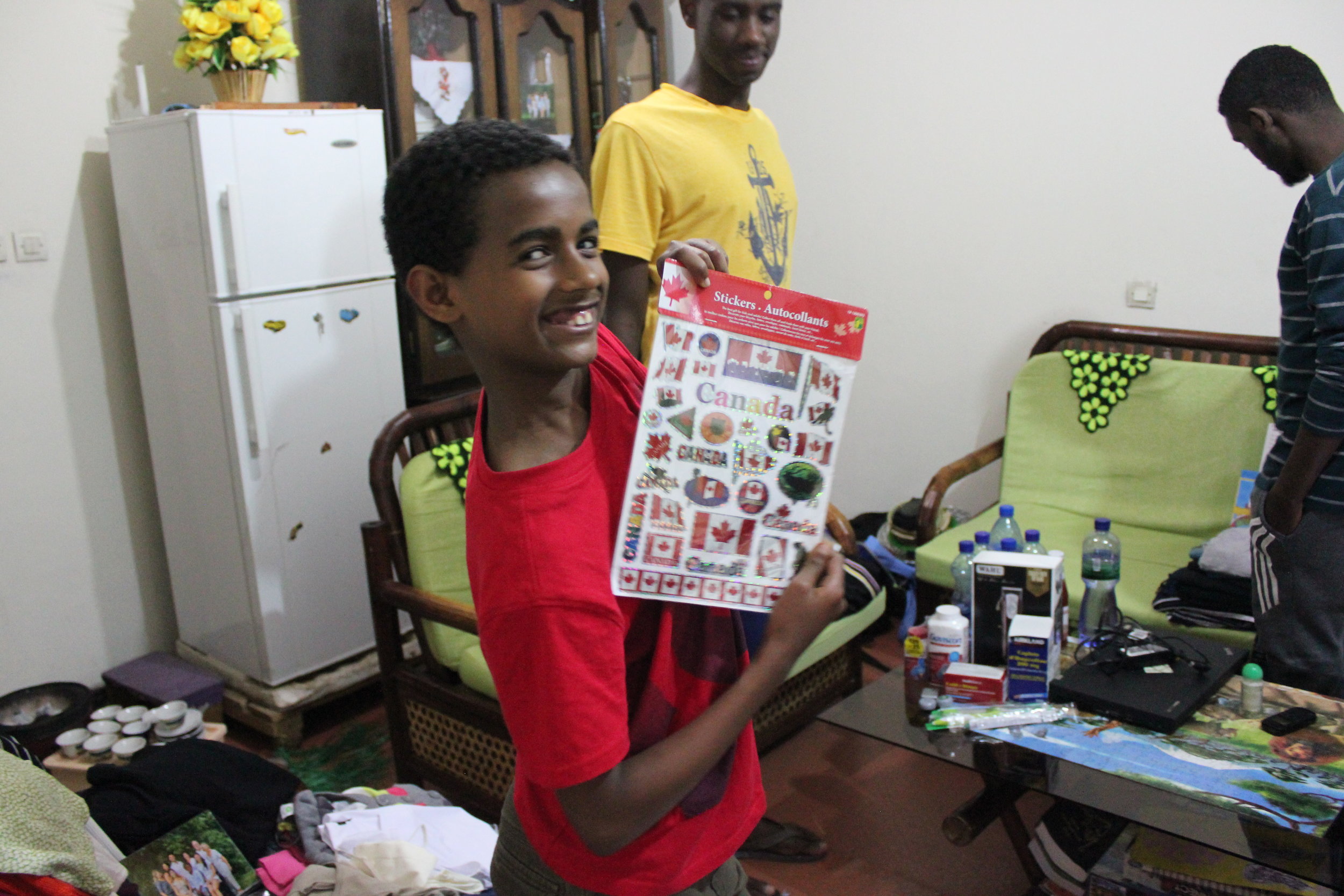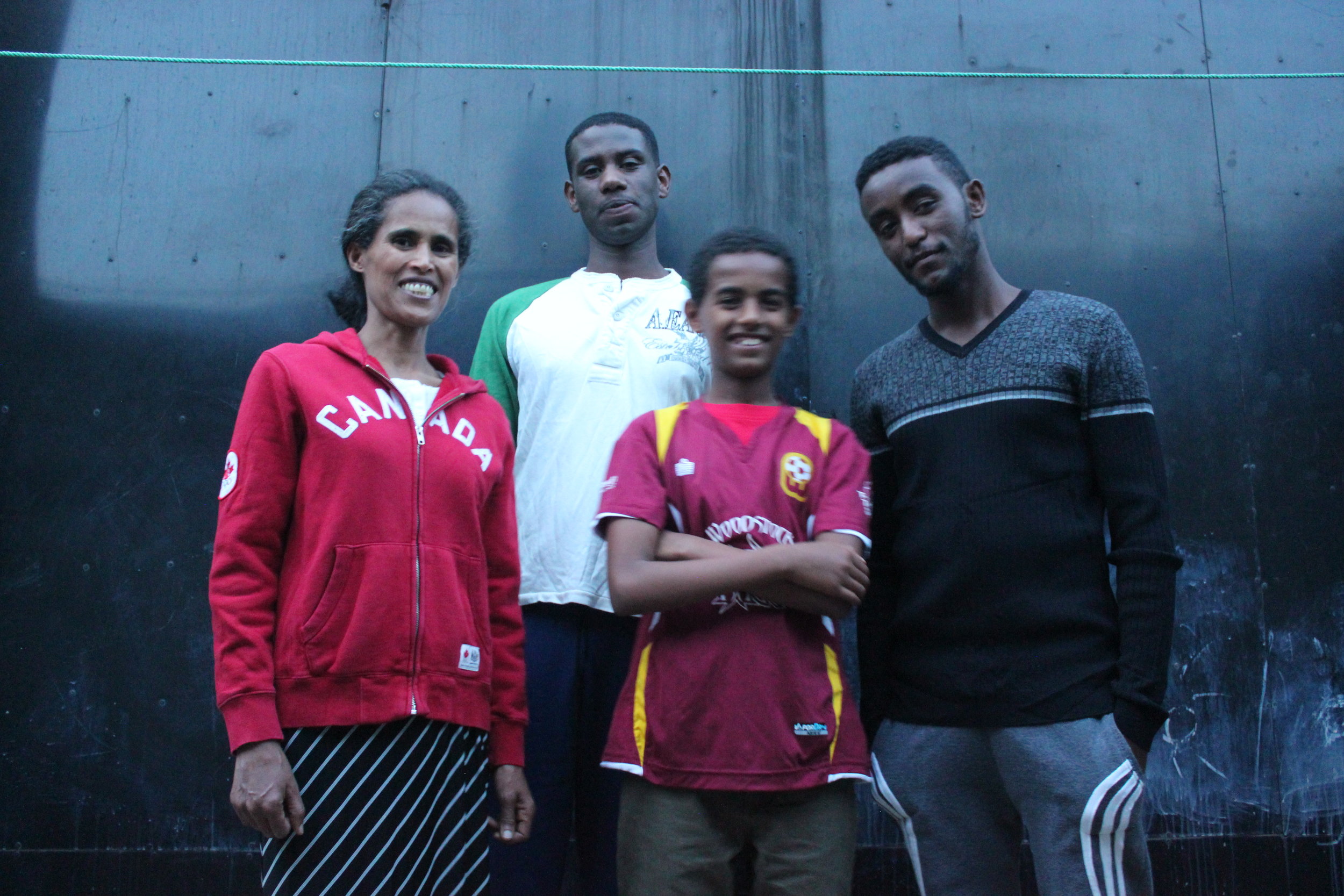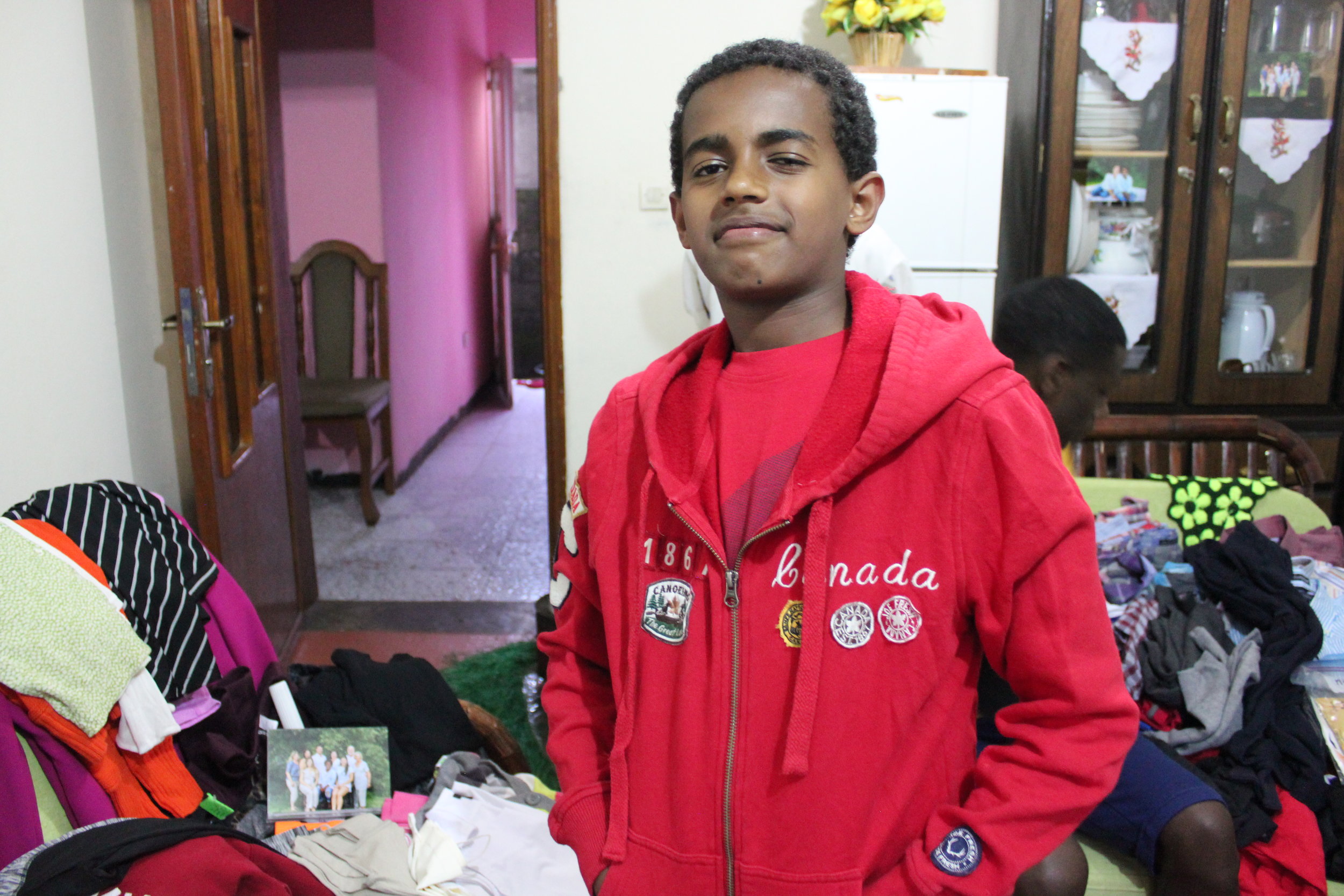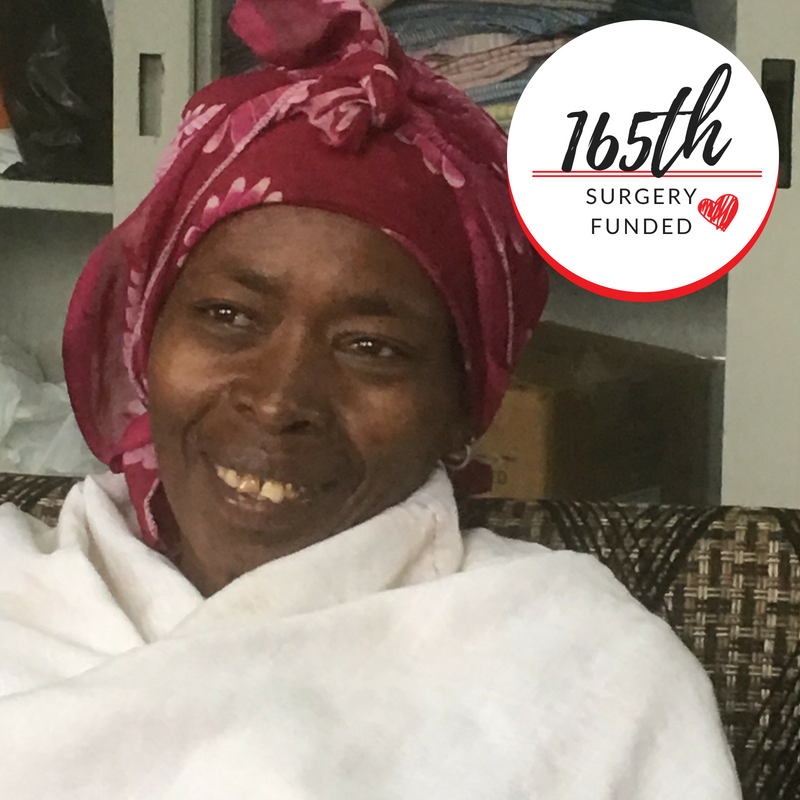Both girls want to continue with their education, and study social sciences in preparatory school (something similar to grade 11 and 12), but worry the costs will be prohibitive. They're sad to leave the safety net of Girls Gotta Run behind. And understandably, they're nervous about lining up the practical resources to follow their dreams.
"We are concerned it is the end of the program," Yordanos, who is 16, told us. She wants to be a politician and an artist and an actress when she is finished school (talk about a triple threat!), but remembers what a struggle it was for her family to afford school tuition before she was accepted into the Girls Gotta Run scholarship program.
"They used to call out your name, because of not being able to pay (tuition). It was so shameful."
The Girls Gotta Run program uses running as a platform to teach self-confidence, life skills, and to help bridge young women through a vulnerable period in their lives, when many of their peers - just young teens - are dropping out of school to work or be married off.
The athletic scholars receive school tuition and uniforms, running shoes and clothes, healthy meals and snacks, and the incredible camaraderie and bonding that comes with being part of a team.
There are so many wonderful ripple effects in this program. The girls teach their friends and younger siblings the lessons they learn, and their mothers are invited to participate in an entrepreneurial group where they begin a group savings plan and learn about financial literacy.
Yordanos told us that her favourite "life skills" lesson - those classes tackle everything from healthy relationships to hygiene - was the one that "penetrated her soul."
"I learned that women can do it, they can do anything - sometimes even go higher than the boys!"
What a testament to the power of the program.
Biruk was one of the first five girls that we sponsored in this program (now we fund 26 athletic scholarships through Girls Gotta Run!), and it's been incredible to see her progress. She wants to be a journalist when she's older.
And after hearing from Biruk, Yordanos, and their parents about the struggle to put all their great skills and dreams into action once the athletic scholarship ends, our board has made a decision to extend our support.
We will now be financially supporting a handful of girls as they move on from Girls Gotta Run, by helping with some of the costs to attend prep school. Mothers with a Heart for Ethiopia recognizes the value of education, and we want the incredible lessons and opportunities awakened by Girls Gotta Run to be the start of something great. We're hoping this additional support will allow girls with great potential and the desire to learn to continue on to higher levels of education.
These young women are the future of Ethiopia. We want to do all that we can to invest our donors' dollars in a way that tranforms lives. The goal is to create change agents who are motivated and inspired to make a difference for future generations just like them.
Thank you so much to all of our donors who make this sort of investment possible.
We can't wait to see where Biruk and Yordanos end up in another three years!












